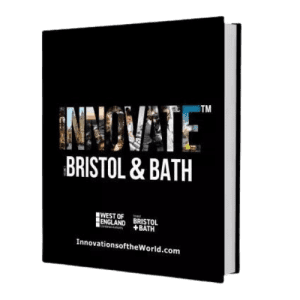What is 5G-ENCODE?
The 5G-ENCODE Project, is a £9 Million collaborative project aiming to develop clear business cases and value propositions for 5G applications in manufacturing industry. The project is partially funded by the Department for Digital, Culture, Media and Sport of the UK Government as part of their 5G Testbeds and Trials Programme. The project is one of the UK Government’s biggest investment in 5G for manufacturing to date.
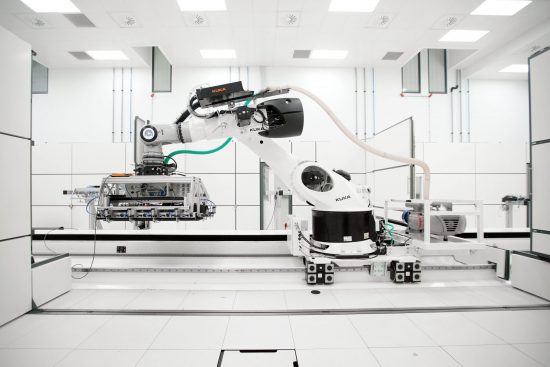
Project focus
Led by Zeetta Networks the project was officially launched in early 2020 and it will run until March 2022. The key objective of the project is to design and deliver a private 5G private network within the National Composites Centre (NCC) and explore new business models and 5G technologies, including network slicing and splicing, within an industrial environment.
The project will play a key role in ensuring that the UK industry make the most of the 5G technology and ultimately remains a global leader in the development of complex composites structures using robust digital engineering capabilities.
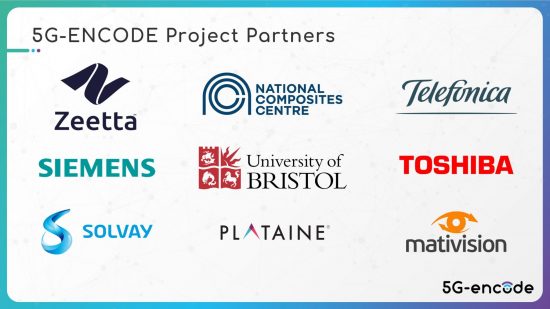
Partners
The project consortium brings together a Tier 1 operator (Telefonica), leading industrial players (e.g. Siemens, Toshiba, Solvey), disruptive technology SMEs covering all aspects of network design, deployment and applications (Zeetta Networks, Mativision, Plataine), a world-leading 5G network research group (High Performance Networks Group in the University of Bristol) and the NCC representing the high value manufacturing industry. The West of England Combined Authority (WECA) provides additional support through their DETI Programme.
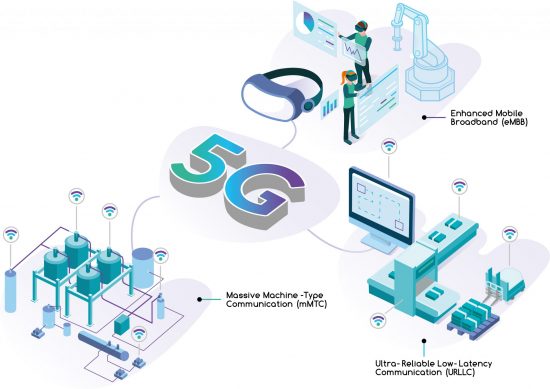
Addressing industry requirements
The 5G-ENCODE project addresses the expressed requirements of the manufacturing industry, in regards to 5G networks, listed below:
- Lack of demonstrable cost-efficiency and return on investment
- Concerns around compatibility and interoperability of 5G mobile networks with existing industrial systems
- Need for security – control over the security of connectivity and data, as well as the connectivity itself, to assess the quality of service, especially to external stakeholders without expertise in their sector
- Current lack of understanding of how 5G differs from other connectivity solutions e.g. Wi-Fi
- Current cultural barriers to working digital and IT tech sectors
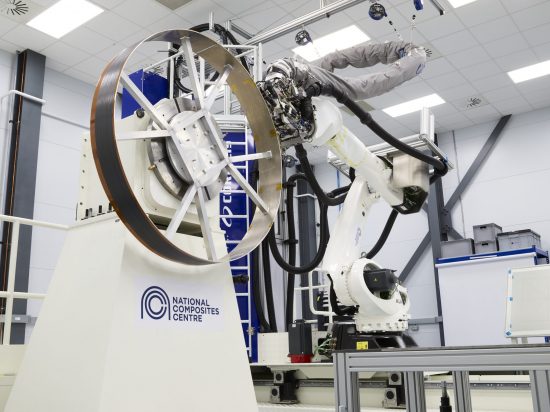
Why a private 5G network at the NCC?
NCC represents a wide range of manufacturing verticals so it addresses the concerns of industry in a generic and universal way. Establishing a 5G testbed in NCC will allow various industry players to engage and pilot their own specific applications on a real, operational 5G network with minimal cost and risk to the members’ own production facilities.
5G Use cases on the factory floor
The project will showcase how 5G features such as neutral hosting and network slicing and splicing can be applied to transform a private 5G network into a dynamically reconfigurable network able to support a wide range (i.e. URLL/eMBB/MMTC) of industrial applications including:
- Augmented Reality/Virtual Reality (AR/VR) to support design, production and training of remote teams
- Monitoring and tracking of time sensitive assets within the factory and while assets are in-transit
- Wireless real-time and automated industrial control through IoT monitoring and big data analytics
Such a dynamic network would enable new business models and creation of bespoke virtual networks tailored to specific applications or use cases.
What will 5G-ENCODE deliver?
The state-of-the-art testbed will be deployed across three sites centred around the National Composites Centre (NCC) in the South West of England. Supporting WECA’s (West of England Combined Authority) industrial strategy, the NCC plans to keep the testbed operational as an open access facility for experimentation and development of new products and services for the composites industry after the completion of the 5G-ENCODE project.
The location and nature of NCC’s business would ensure the creation of an industrial 5G ecosystem involving multiple industry sectors and SMEs.The testbed will enable NCC to foster and lead a 5G ecosystem and manufacturing R&D in the South-West of England and build new 5G business cases for composites manufacturing. The project would be a catalyst to SMEs who would be able to work alongside NCC to accelerate their product development road-map and enter new markets.
The 5G-ENCODE project will lead to further investment by the local government, WECA, who are keen to improve competitiveness and productivity of manufacturing companies based in the region.

KEY PROJECT INFORMATION
Project Budget: £9 million
Supported: Department of Digital, Culture, Media & Sport and West of England Combined Authority
Funding Programme: 5G Testbeds and Trials Programme
Lead Partner: Zeetta Networks
Project Partners/Participants: National Composites Centre, Mativision, Plataine, Siemens, Solvay, Telefonica, Toshiba and University of Bristol
Start date: February 2020
Duration: 26 months

